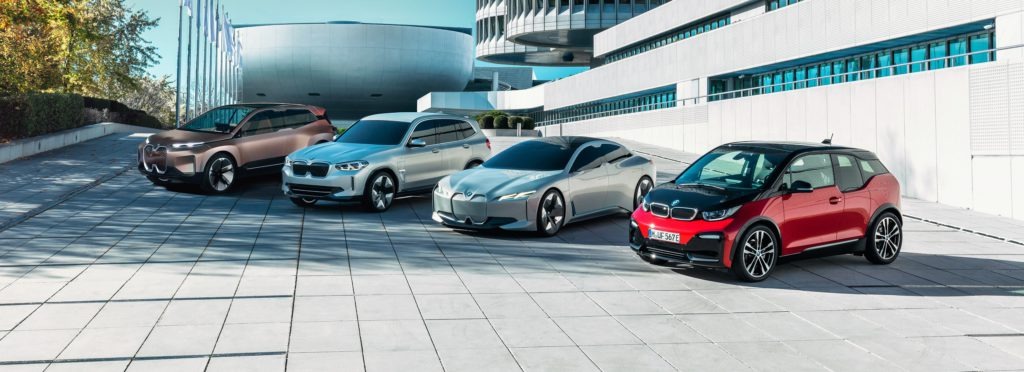COVID-19 impact on BMW’s earnings and emissions
15 April 2020

15 April 2020
Autovista Group senior data journalist Neil King explores the impact of the coronavirus (COVID-19) on BMW’s earnings outlook and investment potential as the premium carmaker strives to meet emissions targets.
Unsurprisingly, ′protecting employees and taking responsibility for society are the number one priority for BMW’ according to a company statement issued on 6 April. The company already formed a ′corona competence team’ in January and ′needs to be prepared for the time after corona,’ Oliver Zipse, chairman of the BMW board, said at the company’s annual accounts press conference on 18 March.
However, whereas production was being ′flexibly adjusted’ to demand, the group’s plants in Europe and South Africa have since closed, as too have car dealerships. Demand growth has been acutely weakened in China but on the positive side, Zipse commented that ′signs are starting to go in the right direction, 95% of dealers are back online [in China] and incoming orders are driving up quickly again.’
Before the onset of COVID-19, ′we expected group earnings before tax to increase significantly,’ Nicolas Peter, member of the board of management of BMW, finance, said at the accounts press conference.
′However, due to the impact of the worldwide spreading of the virus, we now expect group earnings before tax to decrease significantly. The current uncertainty surrounding future worldwide developments impacted by the coronavirus makes it difficult to provide an accurate forecast for 2020,’ Peter added.
EU CO2 targets ′on track’
BMW’s guidance for 2020 assumes that vehicle sales will deteriorate in all major markets but will begin to normalise again after a few weeks once the pandemic has passed. ′In 2020, we will again make high upfront investments in further development of e-mobility, autonomous driving and vehicle connectivity. We are also implementing the measures needed to meet European CO2 regulations.’ Peter reiterated.
The carmaker delivered a total of 477,111 BMW, Mini and Rolls-Royce vehicles to customers in the first three months of 2020, down 20.6% year-on-year compared to the first quarter of 2019. Of those sales, the carmaker sold 30,692 electric vehicles (EVs) in Q1 2020, up 13.9% year-on-year. ′This means we are on track to meet the EU’s CO2 targets. We do not see any necessity to defer climate protection goals,’ Pieter Nota, member of the board of management of BMW AG responsible for customers, brands and sales, said in the 6 April company statement.
Scaled-down margin
BMW’s original planning called for an EBIT (earnings before interest and taxes) margin of between 6% and 8% in the automotive sector in 2020, in line with the 6.8% margin achieved in 2019. The company’s latest planning expects the 2020 EBIT margin to be in the range of 2% to 4%.
The impact of the reduced profitability of manufacturers, including BMW, on R&D and the rollout of new EVs, to achieve their own sales targets and meet EU emissions targets beyond 2020, remains to be seen.
′We are monitoring the situation regarding the coronavirus very closely and will continue to update you on the precise impact on our operations. In particular, we will continue to focus on strict working capital management and profitability. Both are key to being able to invest independently in new technologies and opportunities,’ Peter concluded.